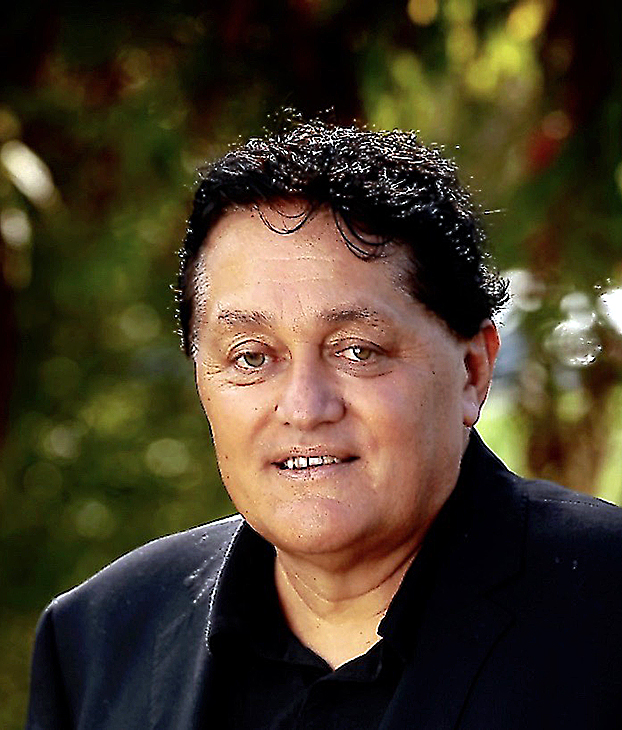Bipartisan solutions needed on regional council

EAST COAST CHAMPION: Chris Karamea Insley has decided to throw his hat in the ring at this year’s Bay of Plenty Regional Council election. Photo supplied
Diane McCarthy
Chris Karamea Insley plans to stand for the Kōhi Māori constituency on the Bay of Plenty Regional Council.
His declaration comes just days after sitting Kōhi Māori councillor Toi Iti announced he planned to switch seats for the Eastern Bay of Plenty general constituency being vacated by Doug Leeder.
Born and raised in Omaio, on the East Coast, Mr Insley is a seasoned adviser to Government and international bodies on climate change, indigenous rights and trade.
He said the current political climate called for more bipartisan regional leadership.
“As we confront an era of extreme political polarisation, highlighted by the national discourse around the Treaty Settlements and Regulatory Standards Bills, it’s clear that our communities are being pulled further apart,” he said. “Now, more than ever, we need leadership that can bridge divides and deliver practical, bipartisan solutions.”
After gaining a bachelor’s degree in commerce (finance) from Massey University and a master’s in business administration from the University of Waikato, he completed several Harvard Business School executive education programmes in global strategy and international finance.
He has served as a technical advisor to the Government’s Finance and Expenditure Select Committee on climate change, represented Aotearoa and Māori perspectives at international forums, and been instrumental in shaping sustainable policy frameworks that reflect both indigenous and national priorities.
Mr Insley said he had been thinking of standing in the elections for the regional council for a while.
“A lot of families along the Coast had approached me and said, 'well, you need to throw your name in the hat'.
He described the East Coast he grew up in during the 1960s and 1970s as a “vibrant healthy, wealthy time”, which he credits largely to the efforts of Ngāti Porou scholar and politician Āpirana Ngat,a who was responsible for a lot of investment in infrastructure in the area.
“I grew up in these two worlds of business and culture. The culture was always vibrant. The only language that was spoken in those days was te reo Māori.
“We enjoyed a very vibrant economy. We had 100 percent employment. There was no crime, there was no drug and alcohol abuse. None of those statistics that we hear now, particularly about regional communities like the Coast, Māori communities.
“Roll forward to today, and these communities have some of the worst socioeconomic statistics anywhere in the country.”
He said the role of government, both central and regional, was hugely important for restoring the vibrancy of the past.
"We have the solution in our sights. [Eastern Bay Māori] still own land described as the most productive soil, according to Manaaki Whenua [Landcare Research], in the country. Deep, loamy soil, combined with some of the best growing climate for high-value crops.”
He said he didn’t think a lot of people in the Bay of Plenty understood how wealthy the regional council was.
“I have a long association with that council. They are very large and very powerful. They have a balance sheet of around $3 billion.
“They have a lot of the right levers to start to turn some of these issues around.
A lot of investment seems to go to Tauranga and Western Bay, but I hold the view that the best return on investment lies in the Eastern Bay of Plenty, because of the under investment that has gone into the region over the past few decades. There’s so much low-hanging fruit.”
He said Bay of Plenty whānau and communities were calling out for strong, principled, and unifying leadership.
“Our region needs champions who understand both the big picture and the grassroots. I’ve built my career navigating the space between competing interests - Māori and Pākehā, business and environment, local and global - to build consensus and create impact.”
“Our job is ... to chart a pathway forward that creates sustainable outcomes and opportunities for every community across our rohe,” Mr Insley said.
“That means smarter resource management, real job creation, and more inclusive decision-making that honours Te Tiriti and benefits all.”
